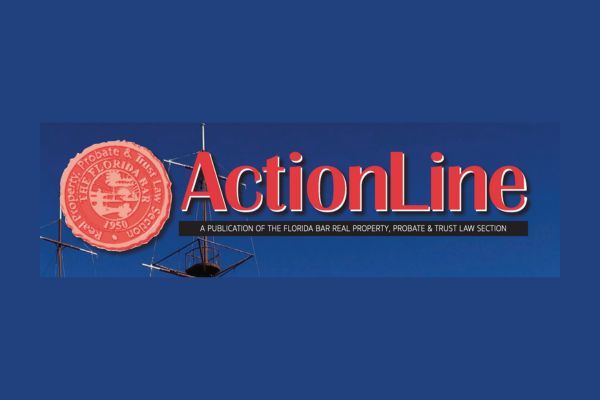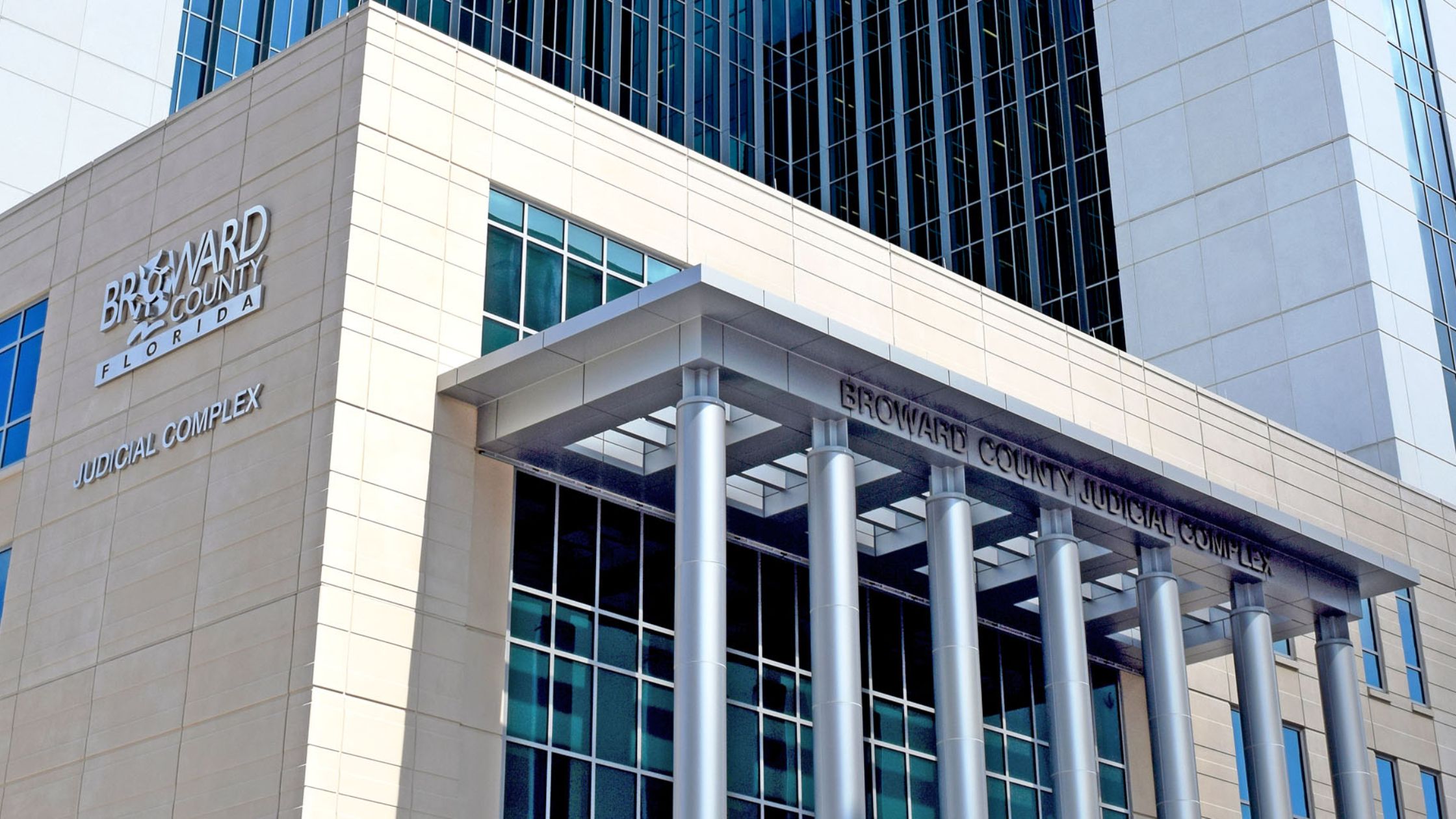Victims of car crashes, medical malpractice, and other negligence can often feel overwhelmed by the personal injury claim process. It may be the first time they’ve ever dealt with insurance company adjusters and attorneys.
During what can be one of the most vulnerable times in their lives, clients are learning about insurance coverage, liability, and the litigation process. Many are surprised to learn how complicated personal injury cases can get.
What Happens During a Personal Injury Claim?
One question we hear a lot is “what are the steps of a personal injury case?” In truth, every case is different and unique, at least to some degree. The process depends on factors such as the type of injury and the way in which the victim was injured.
For example, the process for a medical malpractice claim differs substantially from the process for a car accident claim. One thing they have in common, however, is that they are capable of being settled at any point in the process. But settlement requires that both sides understand the claim and find a reasonable common ground. In many cases, we find that insurance companies do not make reasonable offers until late in the process.
Typically, the steps of a personal injury case could be broken down as follows:
- Investigation
- Pre-Suit Demand and Negotiation
- Lawsuit Discovery
- Trial
- Appeal/Post-Trial Motions
Investigating Your Case
The investigation phase starts immediately after our first consultation. This phase is where we investigate your claim. We gather medical records, witness statements, accident or incident reports, insurance policies, and request surveillance footage.
The investigation is focused on understanding three things: liability, damages, and insurance.
- Liability is responsibility, determining who is responsible for your injuries.
- Damages are the monetary sums legally available to make you whole. Understanding that a personal injury claim cannot undo the harm, damages are available for things like medical expenses, lost income, and pain and suffering.
- Insurance is the most common way for a personal injury to recover compensation for her damages. In the investigation phase, we learn as much as we can about who is responsible, the damages for which they are responsible, and the amount of insurance available to compensate you for your damages.
Once we have assessed liability, damages, and insurance, we are ready to proceed to the pre-suit demand and negotiation phase.
Pre-Suit Demand and Negotiation Phase
In this phase, we discuss with you our recommendation as to whether to proceed with a demand and our recommendation as to the demand amount. Very often, the insurance coverage available is not enough to fully compensate for your damages. In those cases, we will usually recommend demanding the insurance coverage limits. Whatever the demand amount, it is typically conveyed to the insurance companies in a demand letter. This letter will outline the results of our investigation, describing the basis for liability, all of the elements of damages, and the insurance coverage available.
Sometimes the insurance companies will tender their insurance coverage in response to a demand. Other times, the demand letter prompts meaningful negotiations between your attorney and the insurance company. Usually, the insurance companies pass up their opportunity to honor their insurance contracts with a good faith settlement and instead respond with very low opening offers.
When a case cannot resolve in the pre-suit phase, we may recommend that you authorize us to file a lawsuit on your behalf. Filing a lawsuit is the first step towards taking the decision out of the insurance company’s hands. Sometimes, just the act of filing the lawsuit will prompt the insurance company to take a more reasonable approach. Usually, however, the lawsuit proceeds at least through early litigation discovery.
Lawsuit Discovery
In discovery, the insurance company and its lawyers will get medical records and take depositions of witnesses, including you. The primary purpose of discovery from the insurance company’s standpoint is to find arguments to reduce or eliminate your recovery. Some common arguments are that your injuries were pre-existing or age-related. Sometimes, the insurance company lawyers will say or imply that you’re exaggerating or lying. Unfortunately, this is just part of the game insurance companies play.
As the lawsuit discovery draws to a close and a court-ordered trial date approaches, we begin final preparations for trial. Almost always, there will be a mandatory mediation. Mediation is simply an organized negotiation session led by a trained mediator. The insurance company is not required to make a fair offer, and you are not required to accept any given offer they make. But mediation is a proven tool to work towards a fair resolution.
Going to Trial
Most cases resolve before trial, and very few clients want to get there. But sometimes the insurance company will give you no choice. Sometimes they never get reasonable. That’s why we have juries. At a trial, we will present your case to a jury, calling your family, friends, doctors, and other experts as witnesses to help prove the elements of your case. The defense will have the opportunity to cross-examine your witnesses and to call witnesses of their own. When all the evidence has been presented, the jury decides who is right and what is fair.
Post-Trial Motions and Appeals
After trial, usually there are at least a few motions about what happened. There can also be appeals, where one or both sides asks an appellate court to reverse the judgment in whole or in part. Most cases tend to resolve pretty quickly after a trial, though, because by the jury trial tends to solidify the issues in dispute.
We’re Here to Help
Personal injury laws not set in stone, and sometimes change. Adjustments such as the Florida Tort Reform Act of 2023 can have a significant impact on your case, so it’s important to have a knowledgeable attorney on your side who can keep you informed and protect your rights. This process can be daunting at first glance, but it is important to remember that we are with you every step of the way. With over 65 years of experience serving clients in the Vero Beach, Indian River County, and surrounding areas, our personal injury attorney are here to help you navigate a serious injury claim.
Request a Free Personal Injury Case Evaluation
Gould Cooksey Fennell has adopted the Contingency Fee Contract approved by the Florida Bar. We do not collect a fee unless we make a recovery on your case. Contact us for a free personal injury consultation.








